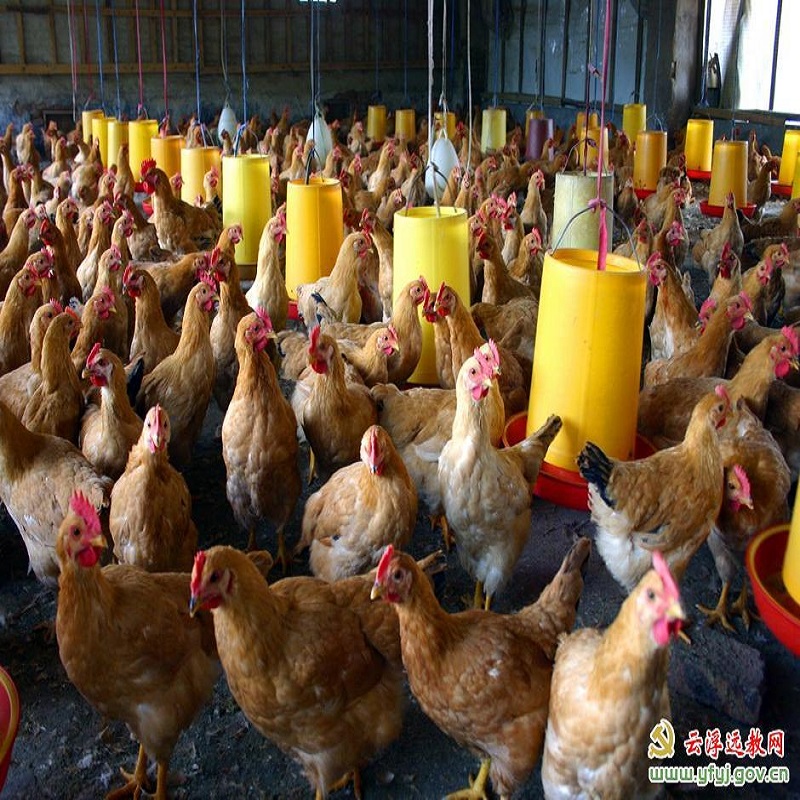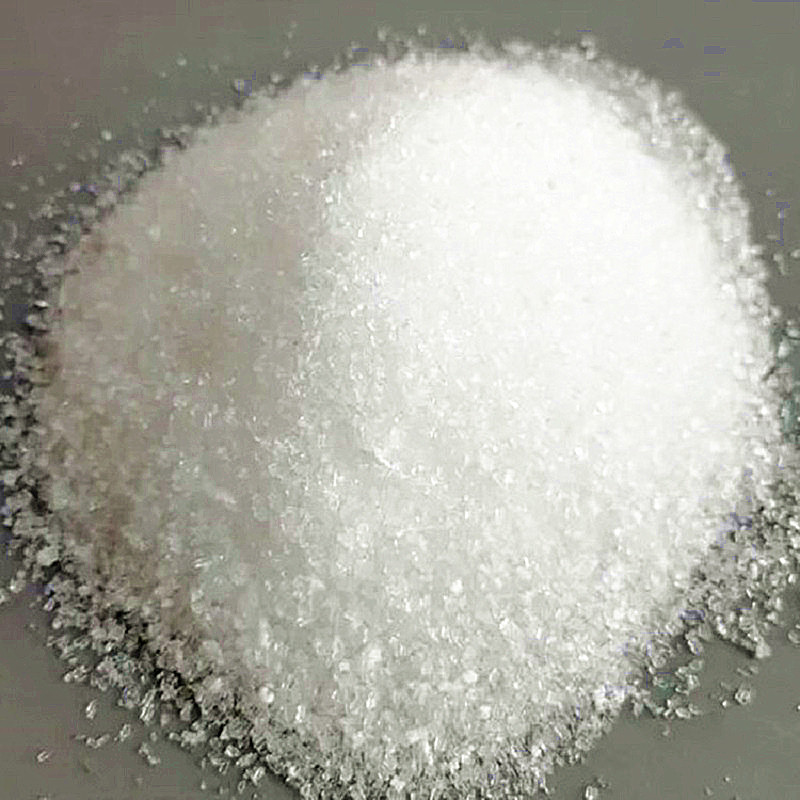How to Control Necrotizing Enteritis in Broilers by Adding Potassium Diformate to Feed?
Potassium formate, the first non antibiotic feed additive approved by the European Union in 2001 and approved by the Ministry of Agriculture of China in 2005, has accumulated a relatively mature application plan for over 10 years, and numerous research papers both domestically and internationally have reported its effects on various stages of pig growth.
Necrotizing enteritis is a global poultry disease caused by gram-positive bacteria (Clostridium perfringens), which will increase the mortality of broilers and reduce the growth performance of chickens in a subclinical manner. Both of these results damage animal welfare and bring great economic losses to chicken production. In actual production, antibiotics are usually added to feed to prevent the occurrence of necrotizing enteritis. However, the call for the prohibition of antibiotics in feed is increasing, and other solutions are needed to replace the preventive effect of antibiotics. The study found that adding organic acids or their salts to the diet could inhibit the content of Clostridium perfringens, thereby reducing the occurrence of necrotizing enteritis. Potassium formate is decomposed into formic acid and potassium formate in the intestine. Due to the covalent bond property to temperature, some formic acid completely enters the intestine. This experiment used chicken infected with necrotizing enteritis as a research model to investigate the effects of potassium formate on its growth performance, intestinal microbiota, and short chain fatty acid content.
- The Effect of Potassium Diformate on the Growth Performance of Broilers Infected with Necrotizing Enteritis.
The experimental results showed that potassium formate had no significant effect on the growth performance of broilers with or without necrotizing enteritis infection, which is consistent with the research results of Hernandez et al. (2006). It was found that the same dose of calcium formate had no significant effect on the daily weight gain and feed ratio of broilers, but when the addition of calcium formate reached 15 g/kg, it significantly reduced the growth performance of broilers (Patten and Waldroup, 1988). However, Selle et al. (2004) found that adding 6 g/kg of potassium formate to the diet significantly increased the weight gain and feed intake of broiler chickens by 16-35 days. There are currently few research reports on the role of organic acids in preventing necrotizing enteritis infection. This experiment found that adding 4 g/kg potassium formate to the diet significantly reduced the mortality rate of broilers, but there was no dose-effect relationship between the reduction in mortality rate and the amount of potassium formate added.
2. Effect of Potassium Diformate on Microbial Content in Tissues and Organs of Broilers Infected with Necrotizing Enteritis
The addition of 45mg/kg bacitracin zinc in the feed reduced the mortality of broilers infected with necrotizing enteritis, and at the same time reduced the content of Clostridium perfringens in the jejunum, which was consistent with the research results of Kocher et al. (2004). There was no significant effect of dietary potassium diformate supplementation on the content of Clostridium perfringens in jejunum of broilers infected with necrotizing enteritis for 15 days. Walsh et al. (2004) found that high acidity diets have a negative effect on organic acids, therefore, the high acidity of high protein diets may reduce the preventive effect of potassium formate on necrotizing enteritis. This experiment also found that potassium formate increased the content of lactobacilli in the muscle stomach of 35d broiler chickens, which is inconsistent with Knarreborg et al. (2002) finding in vitro that potassium formate reduced the growth of lactobacilli in the pig stomach.
3. Effect of potassium 3-dimethylformate on tissue pH and short chain fatty acid content in broiler chickens infected with necrotizing enteritis
The antibacterial effect of organic acids is believed to mainly occur in the upper part of the digestive tract. The results of this experiment showed that potassium dicarboxylate increased the formic acid content in the duodenum at 15 days and the jejunum at 35 days. Mroz (2005) found that there are many factors that affect the action of organic acids, such as feed pH, buffering/acidity, and dietary electrolyte balance. Low acidity and high electrolyte balance values in the diet can promote the dissociation of potassium formate into formic acid and potassium formate. Therefore, an appropriate level of acidity and electrolyte balance values in the diet can enhance the improvement of growth performance of broilers by potassium formate and its preventive effect on necrotizing enteritis.
Conclusion
The results of potassium formate on the model of necrotizing enteritis in broiler chickens showed that potassium formate can alleviate the decline in growth performance of broiler chickens under certain conditions by increasing body weight and reducing mortality, and can be used as a feed additive to control the infection of necrotizing enteritis in broiler chickens.

